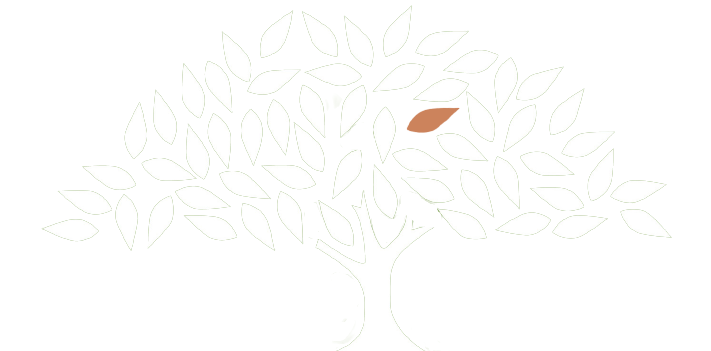What Are The Critical Questions You Ask Yourself In Chaotic, Uncertain Times?
If you are wired like most humans, when confronted with uncertainty, your questions would be oriented from your limbic brain – how to create stability, security and safety for yourself. Your questions would be oriented more toward the short-term - solving your immediate problem versus satisfying a longer-term vision of where you really want to be. The reason for this is most people’s tolerance for uncertainty and chaos, over long periods of time, is low - their trauma or stress reactions get activated: fight, flight or freeze.
Reactions often create more problems. Responses, on the other hand, can set us up in a more generative, proactive space that factors in longer-term considerations.The question of how to navigate chaos and uncertainty surfaced for me many times this week as I navigated client meetings, coaching sessions and fielded a number of calls and inquiries from my clients and network.
Historically much of my executive coaching work has been in the context of an organization’s development efforts but I had a number of people come to me this week asking if I would coach them privately. In some cases they are still with their organization but getting, what I call restructure fatigue – a new job, different team, different responsibilities every year or less. In other cases, they have been let go, with stellar performance and outplacement, but the company has changed directions and their position was eliminated.
Here is the common denominator:
They all said in the last decade their job or company has changed significantly every 18-24 months. This required that they change what they are doing, who they are doing it for, or they leave the company because of job elimination, the company goes out of business or is acquired.One of my clients summed it up well: “The old rules don’t apply. It used to be I pleased my boss and I got promoted. Now I don’t know if I’ll have a job, even if I give him what he asked for. It used to be I was promoted every two years. Now I am kicked out every two years.”You’d have to be living under a rock to not experience the chaotic, disruptive, uncertain nature of the world, business and the workplace today. Change is constant.No new news here.
What is new and critical – is that people are starting to ACCEPT that this IS the new norm. So they are no longer looking to the environment to calm down so they can get back to operating in ways that are comfortable. They are no longer expecting that a job or a company will provide them security. INSTEAD, they are asking themselves deeper and more significant questions about ways to stabilize themselves and navigate the terrain with greater clarity, ease and confidence. Some examples:·
What now must I do?·
Who am I really and how can I navigate my way through this?
How do I balance my own integrity with what I am being asked to do
How do I help my people feel better, even though we agree the situation sucks, about what I am asking them to do?
Where do I find clarity, confidence and stability when it doesn’t exist around me?
How do I find my true north and find a larger meaning in the day-to-day?
How can I continually develop options/contingency plans for myself
How do I continue to grow my skills and develop despite what jobs come and go?
How is my work helping me be more of the person I want and am meant to be?
How do I stay present to what is right in front me when I am feeling so much pressure and there is so much unclear about the road ahead
How do I stay in the place of being creative when I want to be more comfortable?
All of the above questions get at one fundamental one: how do you keep yourself focused on the bigger picture, present and stable despite what is happening around you?
The world does not need any more information. People are in overload and overwhelm. What it needs are more present, embodied leaders who are in the moment with their constituents and the situations they find themselves collectively in.
These leaders intuitively decide what their next best move is based upon who they are and what they do know, not the information they don’t have.To paraphrase multiple conversations I’ve had with clients this week, it goes like this:
“I could go get another job. This is bigger than that. I’m having a personal crisis. This is giving me the opportunity to fundamentally think differently about myself and my relationship to my work and my career.”
In light of the above, here are some questions to consider:·Regardless of what changes happen around you, what is the capability and value you bring to your work and your constituents?
How can you best serve?
What is your vision for creating a better world, workplace or more meaningful work for yourself?
In order to live your vision, who do you need to be?
What does this vision require you to do differently?
In service of this vision, what kind of conversations do you allow or not to go on in your own head?·
In service of this vision, what kind of conversations do you allow/foster to take place at home, in the meeting room, in the board room?What are the questions you ask yourself to get you the clarity, integrity and stability you need to stay steady in chaotic, uncertain times?

